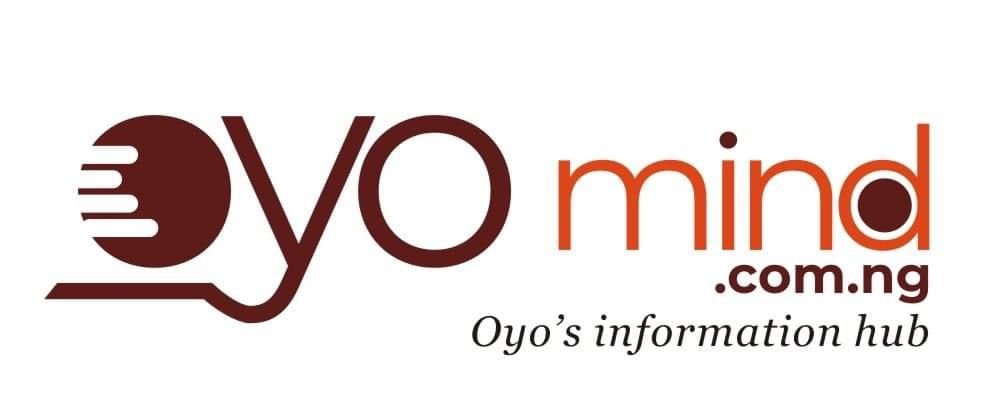The University of Ibadan has been commended by the Food and Agriculture Organization of the United Nations for its successful completion of the project entitled, Aquaculture and Rural Communities: Farm Diversification Process through Integrated Agriculture – Aquaculture systems and Nutrition-Sensitive Value Chains for Better Nutrition Outcomes in Kebbi and Ebonyi States Nigeria.
According to the FAO Project Coordinator and Investigator, Dr. Oluwafemi Ajayi, the project has been on for about three years, and the University of Ibadan has achieved more success than expected.

Dr Ajayi said the project was adjudged the most successful of USAID sponsored projects, adding that though the project should have ended in September 2023, more funds have been provided to extend the project to solve identified problems.
Dr Ajayi stated these during a courtesy visit to the Vice-Chancellor, Professor Kayode O. Adebowale, mni, FAS, in his office.
He said that because UI did so well, the FAO would continue to support the farmers.
According to the FAO expert UI is the only University in Nigeria that belongs to the Global Sustainable Aquaculture Advancement Partnership (GSAAP).
He assured that the Memorandum of Agreement would be extended to enable UI to contribute more to the project by taking the technologies to small-scale farmers because sustainability is one of the major focuses of the project.
The Vice-Chancellor, Professor Kayode O. Adebowale, mni, FAS, stated that not only the physical structures make up a university but the depth of its teaching and research.
He said that he was not surprised at the success of the project because the UI Department of Aquaculture and Fisheries Management is a Centre of Excellence in Aquaculture.
Professor Adebowale said small-scale farmers are the mainstay of the agriculture chain, adding that efforts to reach them would have a tremendous impact on the national economy.
Other members of the FAO team were Mr. Abubakar Usman; Mrs. Aisha Lawal Ibrahim; and Professor Esendugue Greg Fonsah, from the University of Georgia, USA.
The research project was aimed at introducing a process of integrated rice-fish farming in two Nigerian states (Kebbi and Ebonyi), using farmer-managed farm diversification and intensification approach.
The objectives of the research were to consider the technologies that are accessible to local farmers, and analyze how integrated agriculture-aquaculture (IAA) systems influence the safety nets, the diets diversity, the livelihood options, the rural employment (especially for youth and women), the use of resources and the role of institutional and policy innovations.
It also involved business/entrepreneurship study for facilitating market access of farmers’ products through the value chain systems, and sustainability and long-term support of capacity development of farmers, extension workers, university students, and value chain actors.
A minimum of 200 farmers and 30 extension workers spread across Kebbi and Ebonyi States benefitted and were trained through the farm diversification process, with 40% of them being female and youth farmers.
The project was funded by USAID and facilitated by Mississippi State University.
The project was a collaboration between FAO – University of Ibadan and University of Georgia, USA, as implementing partners. Usmanu Danfodiyo University, Sokoto, and Michael Opara University of Agriculture, Umudike, were national implementing partners.






















